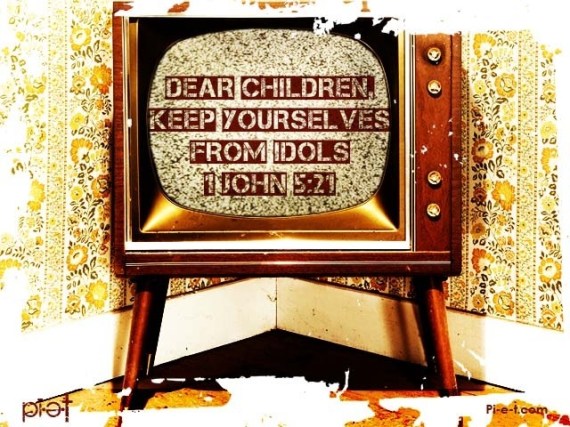Don’t Miss Dinner
One of my favorite sayings is, “Call me anything you want, but don’t call me late for supper!” Shared meals are very special, and they were especially so in the ancient Near Eastern cultures. With that in mind, Jesus took the opportunity while reclining at a meal to illustrate the Kingdom of God. I think it would be beneficial to take a look at Luke and draw some lessons for ourselves from the text.
When one of those who reclined at the table with Him heard these things, he said to Him, “The one who will eat bread in the kingdom of God is blessed! ” Then He told him: “A man was giving a large banquet and invited many. At the time of the banquet, he sent his slave to tell those who were invited, ‘Come, because everything is now ready.’ (Luke 14:15-17 HCSB)
Jesus sets the stage for the parable by describing a large banquet for which invitations had already been sent. What is implied here is that the invitations had been accepted by those to whom they had been sent. To back out on such an invitation was considered a sign of disrespect and showed that the host’s feelings were not a priority for the guest. One by one, the servants come back with a list of excuses instead of a list of guests.
“But without exception they all began to make excuses. The first one said to him, ‘I have bought a field, and I must go out and see it. I ask you to excuse me.’ “Another said, ‘I have bought five yoke of oxen, and I’m going to try them out. I ask you to excuse me.’ “And another said, ‘I just got married, and therefore I’m unable to come.’ (Luke 14:18-20)
What are represented here are responses of those who had previously accepted the invitation, but had other things come up that they considered a higher priority. There is a warning here for those of us who have committed to following Jesus but have let other things get in the way of our service to God. And these things are not what we might assume them to be. They aren’t sex, drugs, and rock and roll. They are not lying, killing and cheating. Let’s take a closer look, and in so doing remind ourselves to keep these things from hindering our spiritual service.
“The first one said to him, ‘I have bought a field, and I must go out and see it. I ask you to excuse me.’ (Luke 14:18b)
The recently purchased field represents possessions, or our “stuff” becoming more important than spiritual matters. Notice, Jesus is not saying that it is wrong to own a field. He is saying that the things we possess should never take precedence over the things of God. And yet how many, in pursuit of worldly wealth, forfeit their souls?
For what is a man profited, if he gain the whole world, and lose or forfeit his own self? (Luke 9:25 ASV)
Another one said, ‘I have bought five yoke of oxen, and I am going to try them out; please consider me excused.’ (Luke 14:19 NASB)
A yoke of oxen were used in the daily tasks of making a living. As such, they represent our work or career. Again, Jesus is not saying that we should not work to support our families. But when career growth and advancement takes a priority over our spiritual advancement and growth, then it has become an idol and has put God in second place in our lives. The same could be said of someone who keeps their faith under wraps because it might hurt their promotion potential if people thought they were an on fire Christian. While employment is a legitimate need, the Lord’s work must come first.
Another one said, ‘I have married a wife, and for that reason I cannot come.’ (Luke 14:20 NASB)
This statement represents relationships with friends and family. As before, we cannot let fear of rejection by those who are close to us keep us from obeying God. This can be the most difficult to overcome, but in the end, it is our relationship with God that will matter most in eternity. When we are strong and unashamed in our walk with God, then those same friends and relatives are the ones who may be drawn to Christ by our example.
In the end, each of these things, possessions, professions, and relationships are not evil in and of themselves. But when they, or anything else, become more important than obeying God, then they are idols. They very things that started off as blessings become the things that condemn us. So I would encourage all of of us to evaluate ourselves and see if any of these has becomes an idol for us, and adjust our lives to out God first in all things. And if you have not come to Christ because your fear what you might have to give up, or are afraid it will cost you a job or a relationship, put eternity first, come to Christ in obedient faith, and don’t let anything keep you out of the Kingdom!







